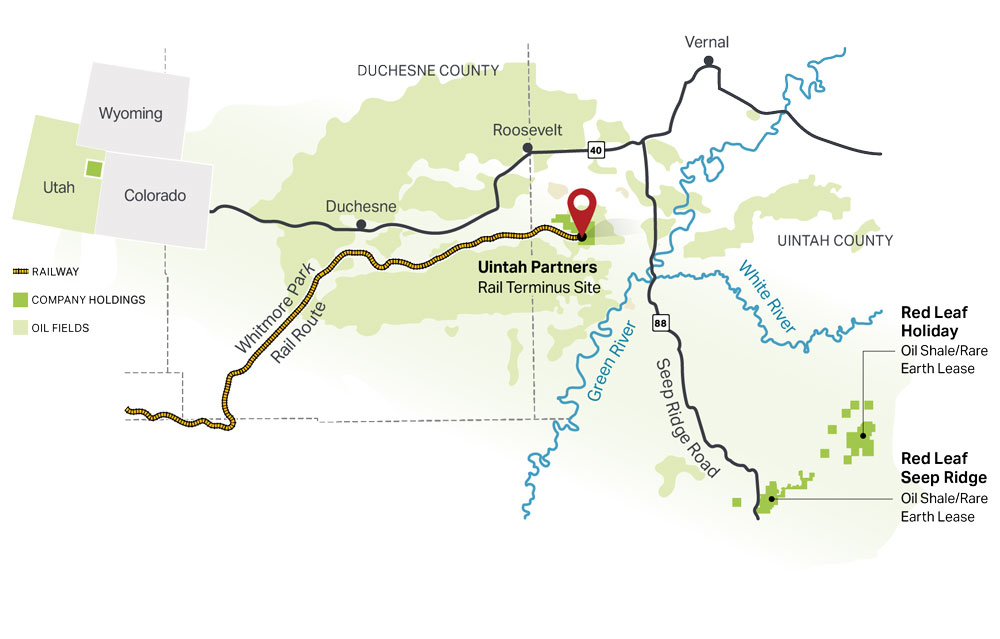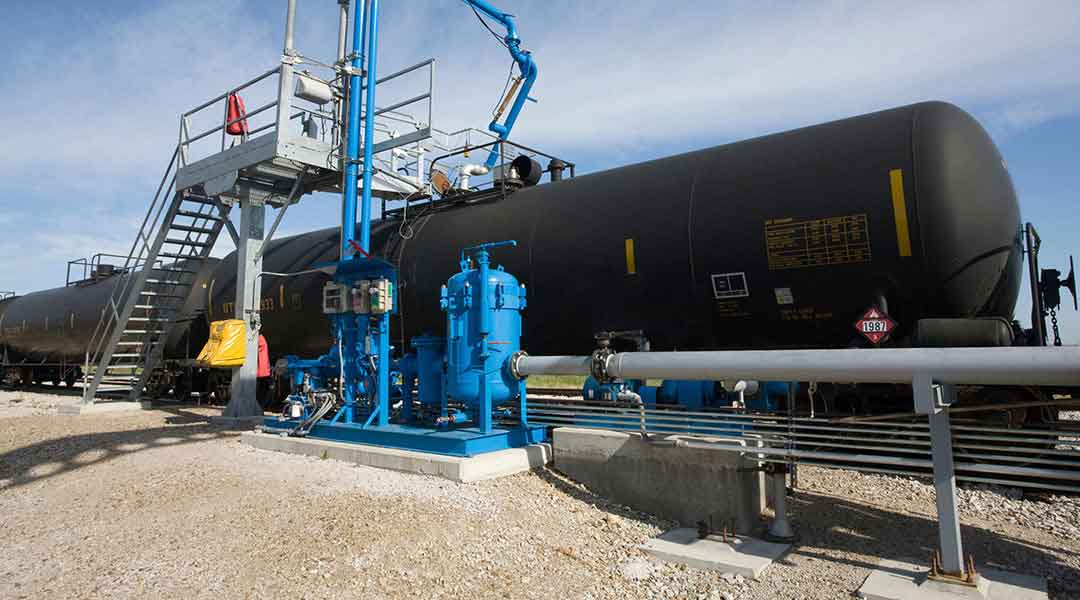Refining our offering
The creation of a refinery in the region is a key element to further opening up the development of the Uintah Basin.
Developing essential infrastructure in the region is key to further production growth in the Uinta Basin – a location in which we hold over 7,000 acres of surface rights and a state permit to build a 40,000 barrels per day refinery.
This acreage is also the terminus of the recently federally approved Uinta Basin Railway. Uintah Partners recognizes that adding refinery capacity and additional rail infrastructure in the region are key to increasing production growth in the basin.
Our refinery project is expected to capture local market demand for diesel and gasoline and leverage the unique properties of the Uinta Basin crude.
Our refinery project is expected to capture local market demand for diesel and gasoline and leverage the unique properties of the Uinta Basin crude which is the ideal feedstock for high-value lubricants.
The strength of the regional market for motor fuels particularly diesel fuel, supports our business case. More importantly, the high viscosity index of the locally produced crudes and the significant crack spreads between the cost of supply and the sales price of refined lubricant base oil creates compelling economics for the project.
The refinery is also the first step and cornerstone in the development of a zero-emissions industrial park as it will eliminate emissions associated with transporting the motor fuels into the region by producing it in the locality where it is consumed. The next step will be to develop carbon technologies that make use of captured refinery CO2, with industrial park-based organizations then using the CO2 in their processes – from food & beverage and cement production to metal fabrication and greenhouse companies.

Crude oil extracted from the Uinta Basin has a waxy quality which limits transportation options to only heated tanker trucks or rail cars. This, in addition to limited local refining capacity, has been a bottleneck to further production growth in the basin.
However, to meet this challenge, the recently federally-approved Uinta Basin Railway will provide increased take-away capacity in the basin by connecting to the national railway network. Uintah Partners plans to construct a transloading facility providing truck tanker-to-rail access for oil and other products to markets on the U.S. Gulf Coast once the Uinta Basin Railway is completed.
Though we are confident that this project will be realized, the Uintah Partners refinery project is not predicated on its construction.
